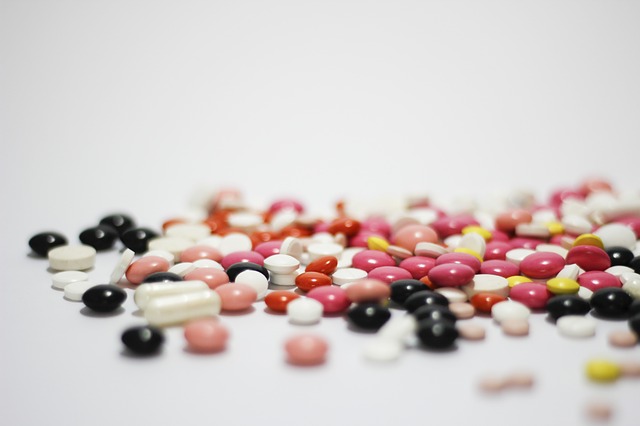
The drugs are collectively known as proton-pump inhibitors or PPIs and are widely prescribed as treatment for heartburn and indigestion. Popular brand names include Nexium, Prevacid and Prilosec. PPIs in higher doses are available via prescription while those in lower doses can be purchased over-the-counter.
According to new research published in the British Medical Journal Open, these PPIs — which are already known to cause a number of side effects like cardiovascular disease, dementia, fractures, kidney disease and pneumonia – can be even more dangerous, especially when used inappropriately. Apparently, PPIs increases the risk of death in those who are taking them. And the longer a person takes the drugs, the higher the risk becomes, even more so for those who take them without medical basis.
The study was conducted by a research team led by Dr. Ziyad Al-Aly from Washington University School of Medicine in St. Louis. They analyzed data on US military veterans numbering in the millions, comparing data of new PPI users, those who have been using PPI for a while, and those who have never taken PPIs or any other type of acid-suppressing drugs such as H2 blockers. From there, they were able to determine that those who took PPIs showed a higher risk of dying from any cause.
Specifically, the risk was higher by 25% compared with those who took H2 blockers; 15% higher than those who took no PPIs; and 23% higher than those who took no kind of acid suppressants at all. There was also an increased risk seen in people who took PPIs but didn’t have any digestive issue to use it for.
Although the team is quick to point out that their study doesn’t prove a cause and effect association, they also said that in all the studies they conducted and regardless of how they looked at the data, it demonstrated the same result: a consistent relationship between PPI use and the risk of dying.
As for the reason behind the relationship, there’s no definite answer yet. The team believes that the drugs could be affecting cell components known as lysosomes — the ones that help get rid of waste material. They could also be shortening telomeres, the protective covering located at the end of chromosomes. It is this shortening that’s linked with cancer, aging and increased susceptibility to early death.
That said, PPIs are quite effective as a treatment for a number of gastrointestinal conditions. Which means that just like other drugs, these should only be taken only as needed, and should never be used longer than necessary. And when it comes to heartburn, people should also consider making healthy lifestyle changes, instead of completely relying on proton-pump inhibitors.
As Dr. Al-Aly explained: “PPIs save lives. If I needed a PPI, I absolutely would take it. But I wouldn’t take it willy-nilly if I didn’t need it. And I would want my doctor to be monitoring me carefully and take me off it the moment it was no longer needed.”

Correlation does not prove causation. Perhaps, people who take these drugs are more prone to a bad outcome because these drugs encourage the patient to avoid diet or behavioral changes that would achieve a better result, and they may engage in other risky behavior.